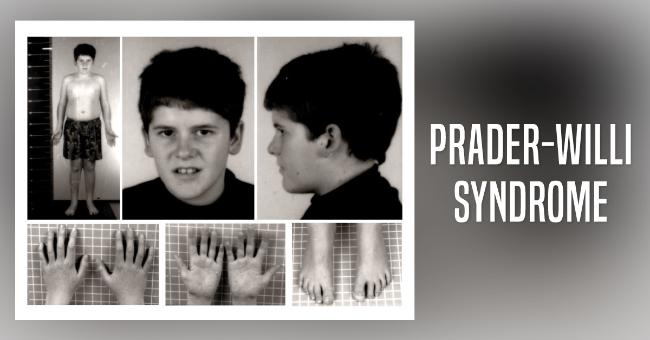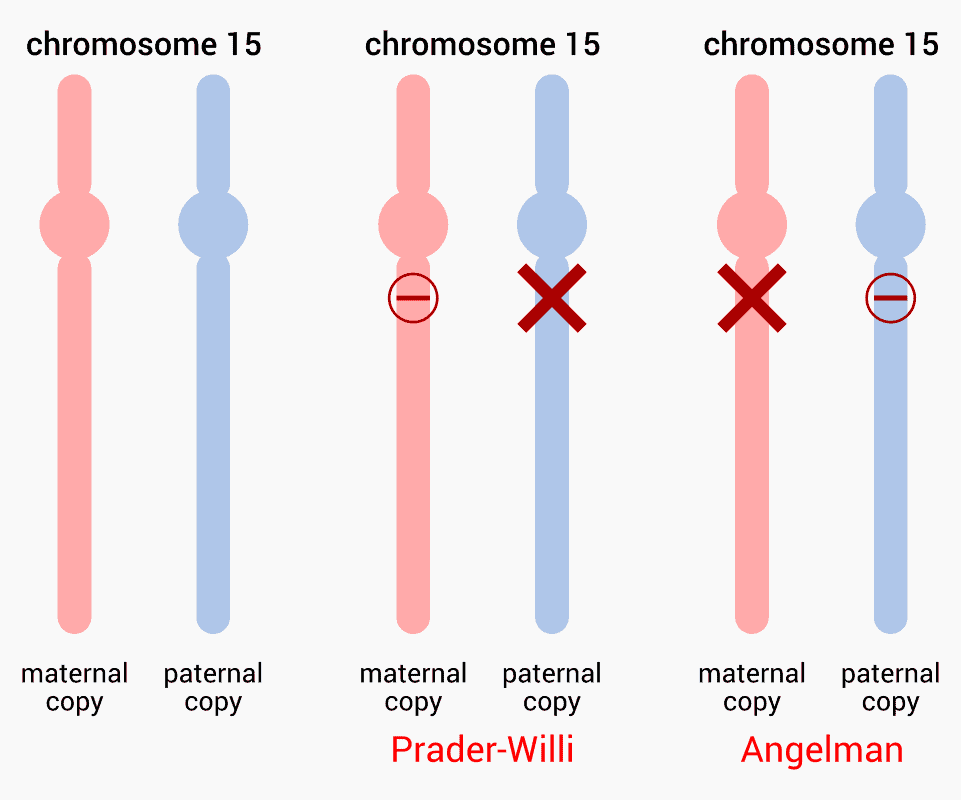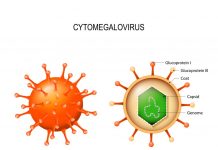Prader-Willi Syndrome is a complex disorder with a genetic cause which is present in an affected individual from birth. This disorder is just one of several medical conditions that results in the sufferer having a greater likelihood of become obese.
Characteristics of Prader-Willi Syndrome
There are several characteristics identified as being common in those affected by Prader-Willi Syndrome. These include the following: having an excessively large appetite, low muscle tone, emotional difficulties, learning problems and immature physical development.
As the condition is more commonly identified in those with learning disabilities it is possible that the illness is under-diagnosed and in some cases misdiagnosed as being a part of the individual’s learning problems as opposed to being an illness in its own right.

The main Prader-Willi symptom, that of having an excessive appetite, may typically be identified in children of preschool age or below. It can be severely distressing for parents to have a child say that they are continually hungry and not give in to them.
What Causes Prader-Willi Syndrome?
Prader-Willi Syndrome is in contrast to the common eating disorders of anorexia and bulimia recognised to have one specific cause involving genes. The part of the brain in Prader-Willis Syndrome sufferers known as the hypothalamus is affected by the condition and it is this aspect that results in marked changes in the individual’s appetite.
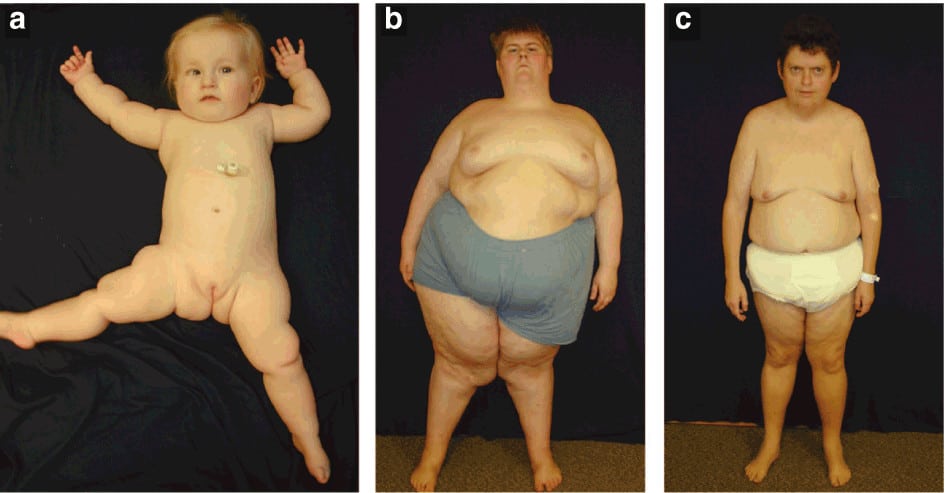
Research undertaken has identified that those suffering from this illness also have a hypothalamic dysfunction.
Basically, this hypothalamic dysfunction results in messages which usually tell people that they have eaten enough failing to get through. Therefore the Prader-Willi sufferer never actually receives that crucial information that they are full which in turn explains the constant hunger and ravenous appetite which remains ever-present.

How is Prader-Willi Syndrome Treated?
There is some evidence to suggest that treating Prader-Willis patients with appetite suppressants is of little or no benefit and many appetite suppressants also result in side effects, making them far from ideal for younger sufferers.
Instead, nutritional help is usually the favoured approach to treatment with specialist, experienced nutritionists providing practical support and meal plans as a means to reduce the likelihood of patients suffering from additional obesity-related health conditions.
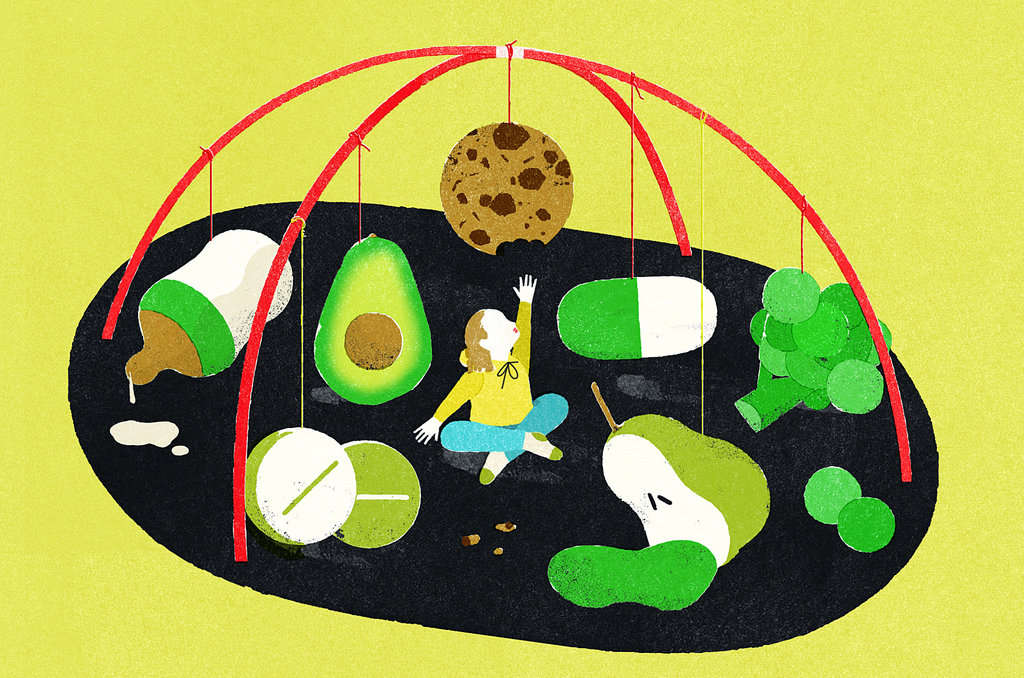
- What Is Aromatherapy Vs. What Are Essential Oils?
- What is La Tomatina in Bunol, Spain Like? What to Expect at the Famous Tomato Throwing Festival
As with common eating disorders, Prader-Willi Syndrome sufferers will receive the most benefit if treatment is provided as early on as possible before forms of eating become too heavily ingrained. Research also indicates that without treatment once the sufferer enters early adulthood then life expectancy may be reduced.
As highlighted above, Prader-Willi Syndrome is often first identified in early childhood and requires nutritional help from specialised professionals. The cause is genetic and the illness results in excessive appetite, constant hunger and thus eventually leads to obesity.


